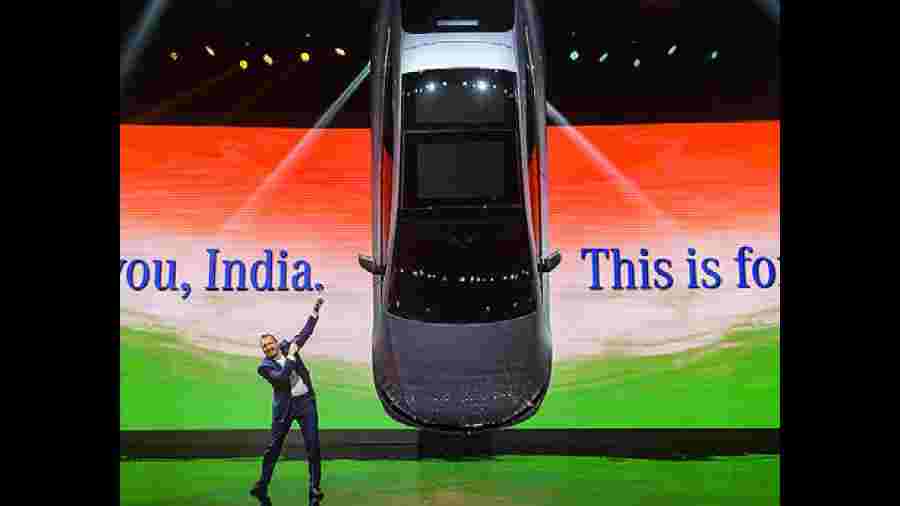Mercedes Benz India will have a fully electric portfolio of vehicles in the next eight to 10 years as part of its effort to reduce emissions.
The company plans to stick to bringing battery electric vehicles and has no plans to work on flexi-fuels that the government of India is promoting.
While rolling out the first locally assembled Mercedes EV, the EQS from the Chakanplant, Union minister Nitin Gadkari said: “In addition to electric vehicles I ask Mercedes Benz to explore the option of bio-ethanol. There is enough sugarcane industry here and so there will be no dearth of ethanol. I am told a Toyota Camry runs on bio-ethanol. You can pursue both electric vehicles and flexi-fuel engines, green biofuels, like ethanol, methanol, CNG.”
However, Mercedes CEO Martin Schwenk, when asked about the possibility of having flexi-fuel, categorically stated: “We have no plans to go for flexi-fuels. We have a vehicle complaint with E20. But we have no plans to have vehicles compliant with E80. I don’t see a case for that, it is not viable for us.”
Globally, the company has announced that by 2030, it will offer a fully electric portfolio With India focussing on EVs, the company will bring EVs to the country. After introducing the EQC, the first EV in India in 2019, the company is now accelerating its EV programme here by first introducing the AMG EQS 53 4matic and now the locally assembled EQS 580 4matic from its plant in Chakanat a price of Rs 1.55 crore.











